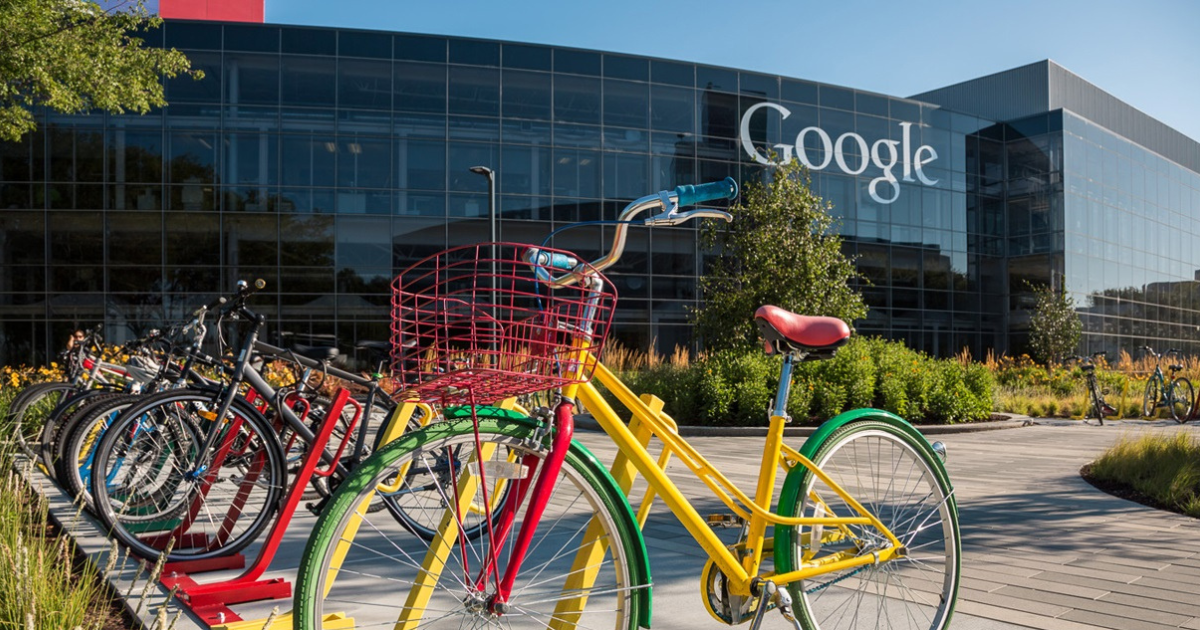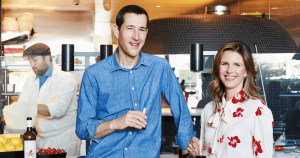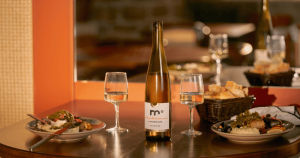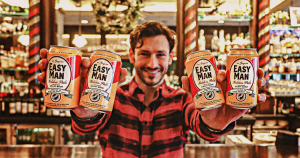In the heart of Silicon Valley, where innovation and disruption are the norms, a new trend has been emerging over the past 12 months: sobriety as a status symbol. This shift is not just about health or wellness; it’s a statement, a badge of honor. As tech founder Ada Yeo put it: “Interestingly, not drinking has become the new status signal for tech elites.”
Perhaps they’ve been inspired by figures like Elon Musk, venture capitalist Marc Andreessen, and neuroscientist Andrew Huberman, all of whom have strong followings in Silicon Valley. Musk has been vocal about his views on booze: “Alcohol is very much a ‘drug’ – it’s just a legacy drug from olden times when we had no technology!” Andreessen’s candid Twitter thread about his decision to quit alcohol highlights the undeniable health benefits he’s experienced since quitting, many of which (like quality sleep) are tied to increased productivity. Huberman has been more blunt on that front: “[Drinking is] increasingly viewed as a sign of lack of self-regulation and/or not having anything truly important to do the next morning.”
Similar ideas are percolating across the Atlantic. The Guardian and The Brussels Times have both touched on this growing trend of sobriety as a status symbol. The former discusses the rise of the “new puritans” who have given up not just alcohol, but also carbs, iPhones, and other indulgences. The latter delves into how abstaining from alcohol beyond Dry January is becoming a marker of prestige.
This trend can be contextualized within a broader one that emerged during the Great Recession: wellness as a status symbol. As conspicuous consumption became less palatable in times of economic uncertainty, people began to flaunt their wellness routines instead. Brands like Lululemon and SoulCycle became markers of a new kind of affluence—one that focused on health rather than material wealth. In today’s climate of continued economic unpredictability, sobriety might be the next frontier in this evolution. It’s not just about the health benefits; it’s a statement about success.
Implications:
- Product development: brands can innovate in the premium space, offering sophisticated options at higher price points that cater to discerning palates.
- Positioning: brands can promote the benefits of a clear mind and the luxury of intentional living. Messaging can focus on the elevated experience of life without the haze of alcohol.
- Promotion: collaborations with tech influencers who champion sobriety can boost brand visibility. Given Andreessen’s mention of Hopwtr and Sovi, for example, there’s potential for non-alc brands to enter the conversation in meaningful ways.






